The Tour of Luxembourg is a lovely race with a long history and usually good racing. Here's a (translated) introduction from Danish cycling media feltet.dk:
Introduction
Luxembourg is a big cycling country, and it is therefore not surprising that the national tour has a long history. The race was first run in 1935 and, apart from a short break during the Second World War, has been run every year since then. In the early years it was dominated by the home riders before the French and Belgians started showing the flag. However, since Arie den Hartog won in 1964, the race has become increasingly internationalized, and in recent decades the winners have come from countless different nations. Quite interestingly, it was the setting for one of Lance Armstrong's first major victories after his comeback from cancer, winning the race in 1998 on his way to fourth in the Vuelta. The race has also been successful for Danes, with Mattias Skjelmose winning in 2022, Matti Breschel winning in 2014, Jakob Fuglsang in 2012, Jørgen Bo Petersen in 2001 and Søren Lilholt in 1987.
Due to its long history, the Tour de Luxembourg enjoys great status in the UCI hierarchy. It is a 2.Pro race and although in recent years it has struggled to attract many WorldTour teams, its status has never been threatened. When the WorldTour/ProTourer was introduced in 2005, the organizers were originally part of the plan to merge the national tours of Luxembourg, Belgium and the Netherlands into one big Tour de Benelux. These ideas led to the creation of the Eneco Tour (now the Renewi Tour), but in the end the Belgian and Luxembourg organizers chose to keep their own races alive as independent events, and today the Renewi Tour does not run through Luxembourg at all.
Luxembourg is a small country, and therefore it is quite impressive that the organizers can muster a five-day long race. Of course, the country's modest size means that there is not much room for experimentation. Therefore, the stage finals are often held year after year, and the race has had a fairly fixed format. The explosive prologue in the capital, where you have sprinted up a short cobblestone hill in one of the most iconic races of the year, has been followed by a mixture of sprint stages and hilly stages, which have been created for strong sprinters or Ardennes specialists. Luxembourg is certainly not flat, but there are no high mountains either, which is why it has been a perfect race for puncheurs and fast classic riders.
However, it is not only the date that is being experimented with these years. Already in 2020, the prologue was dropped, but the rest of the race consisted of classic and well-known finals. In 2021, however, everything was thrown up in the air. Not only was there, as something completely new, a long single start, the classic and well-known finals were also replaced by completely new endings. Only the classic finish on Plabeierbierg in the capital survived, but the explosive terrain was of course not changed. That innovation continued in 2022 and continues again this year, where the long single start is back, but you go back to the reuse model by reusing several finals from the routes in 2020, 2021 and 2022.
Last year was therefore the second year with a single start, and it was of course of paramount importance in a race that is usually decided in seconds that you suddenly had to drive more than 25 km solo. Still, it ended in an extremely nerve-wracking decision, because after Valentin Madouas had raced into the leader's jersey with victory on the 1st stage, Mattias Skjelmose took the first victory of his career in the single start. However, he only beat Kevin Vauquelin by 3 seconds, and thus the whole thing had to be decided in bonus seconds, as four men sprinted for victory on the last stage. Here Madouas took his second stage win, but with a 2nd place ahead of Vauquelin, Skjelmose could take the overall victory with 5 seconds down on Vauquelin and 17 seconds down on Madouas. Skjelmose will not return this year to defend the title, and as Vauquelin breathes life after an early exit from the Vuelta, Madouas will be the only returnee from the most recent podium.
Stage 1: Hilly
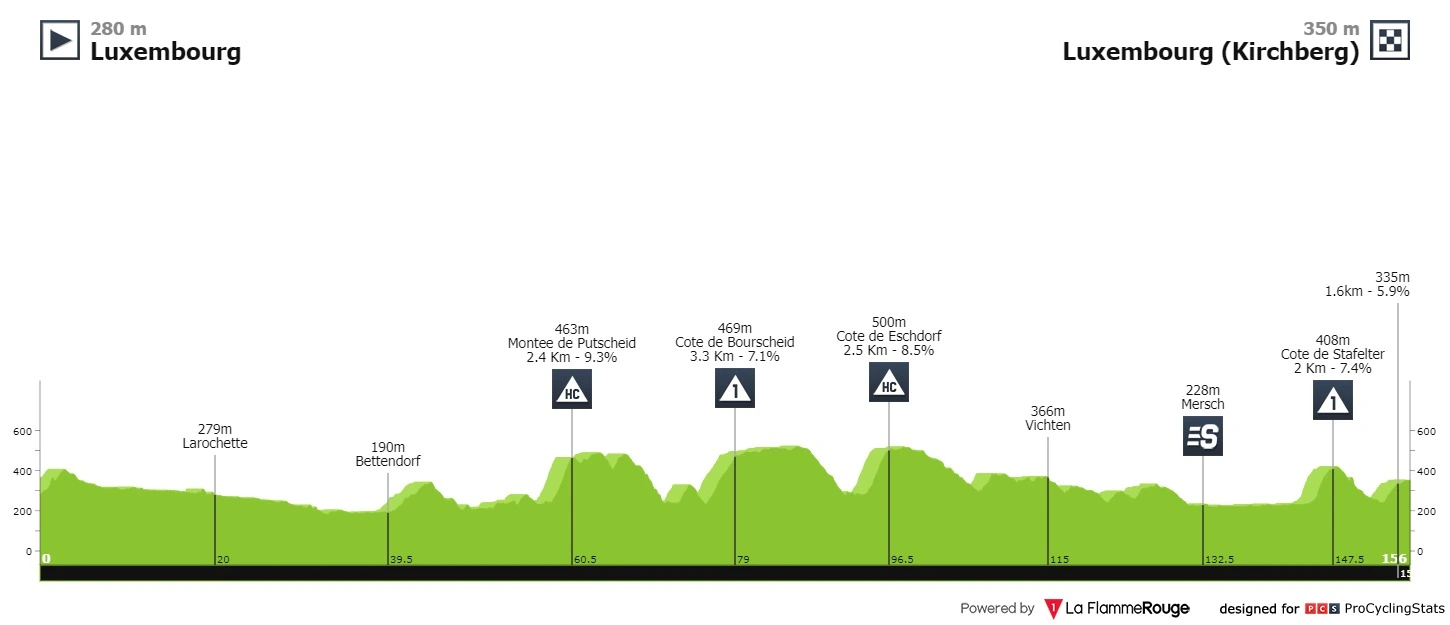
Stage 2: Sprint
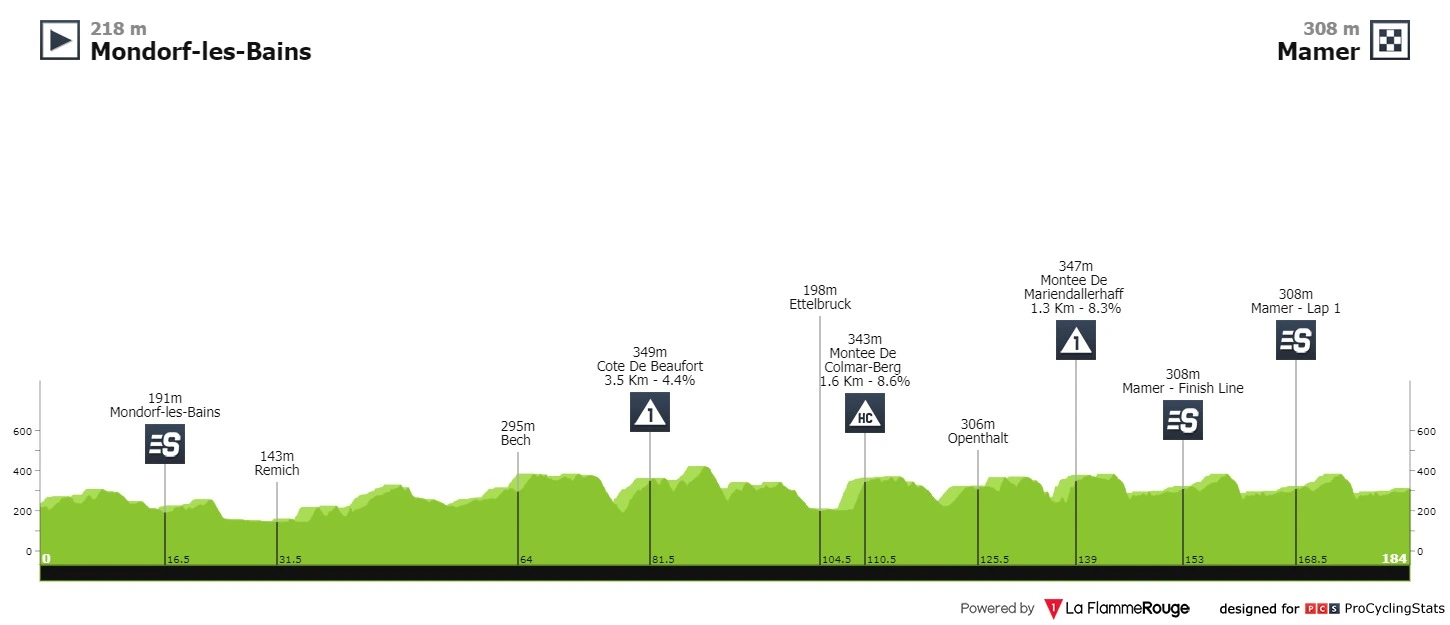
Stage 3: Hilly
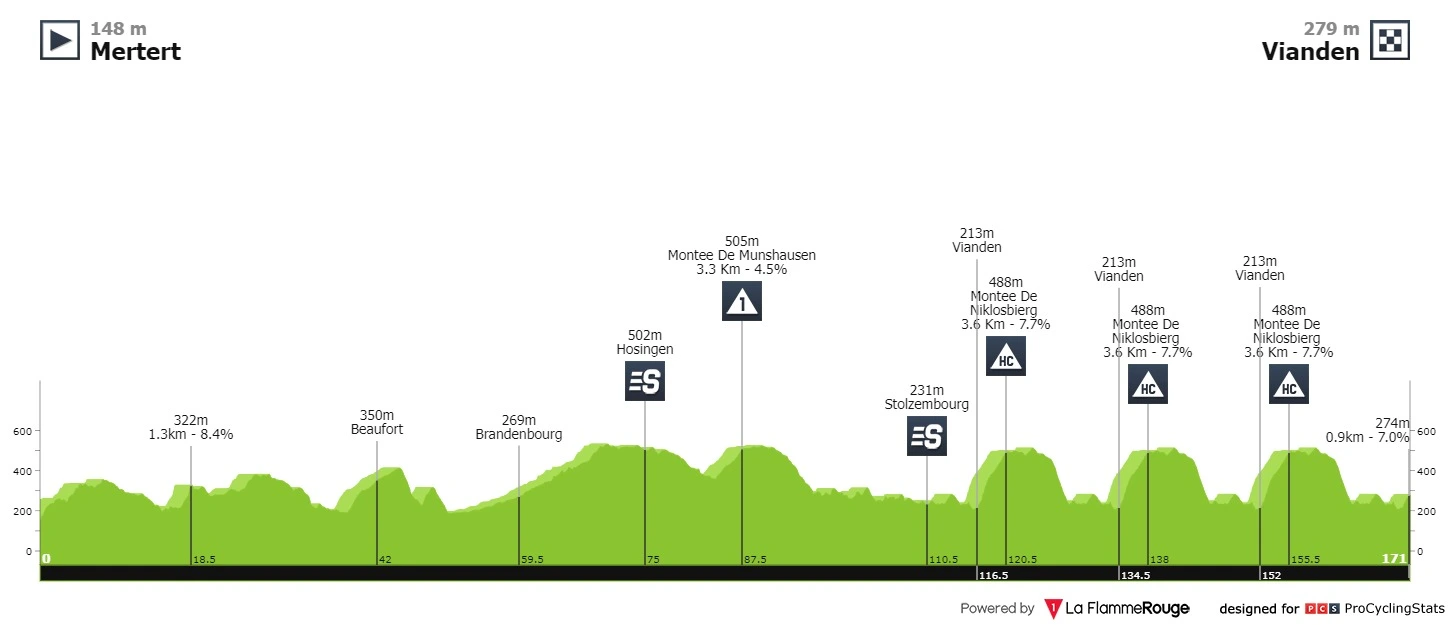
Stage 4: Medium ITT
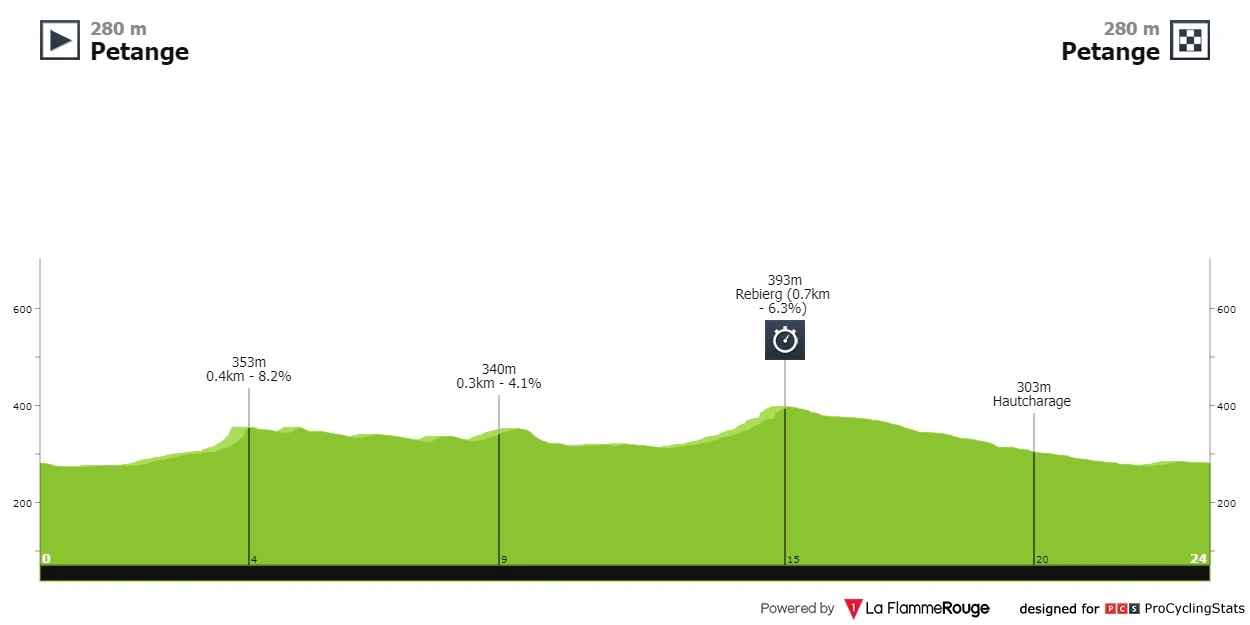
Stage 5: Hilly
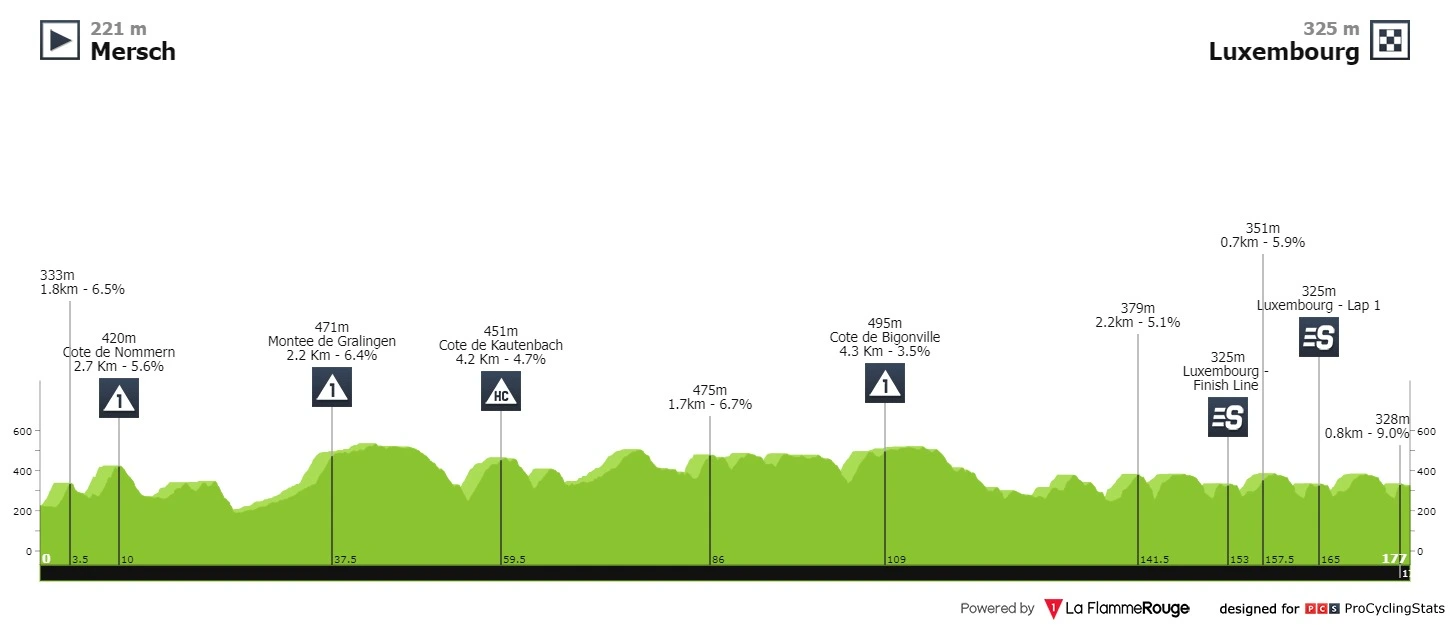
Profile seems to suit a puncheur with a good TT - or indeed a good TT'er who can survive the hilly stages.
***** Ilan Van Wilder
**** Brandon McNulty, Felix Grossschartner
*** Ben O’Connor, Julian Alaphilippe, Ion Izagirre, Tobias Foss, Richard Carapaz
** Florian Vermeersch, Alex Aranburu, Matteo Jorgenson, Marc Hirschi, Valentin Madouas, Andrea Bagioli, Felix Gall, Alexander Kamp, Fausto Masnada, Nils Politt, Søren Kragh, Tiesj Benoot, Dylan Teuns, Ben Healy, Anthony Perez, Alex Kirsch, Koen Bouwman, Corbin Strong, Tobias Johannessen, Maxim Van Gils
* Ewen Costiou, Kevin Geniets, Will Barta, Magnus Cort, Bob Jungels, Michael Woods, Giulio Ciccone, Thibaut Pinot, David Gaudu, Jakob Fuglsang, Anthon Charmig, Mauri Vansevenant, Quinten Hermans, Mathias Bregnhøj, Natnael Tesfatsion, Quentin Pacher, Gregor Mühlberger, Tony Gallopin, Xandro Meurisse, Diego Ulissi, Thibault Guernalec, Harry Sweeny, Andreas Stokbro, Frederik Wandahl, Franck Bonnamour, Sam Oomen, Steven Kruijswijk, Kamiel Bonneu, Axel Laurance, Luca Vergallito, Bastien Tronchon, Jenno Berckmoes, Johannes Kulset, Jonathan Lastra
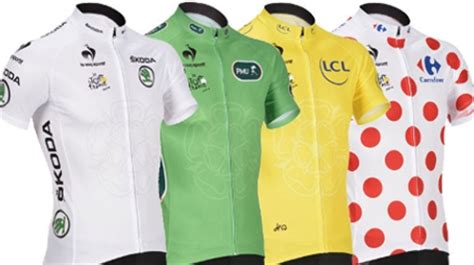
I guess it’s the advantage of a small country. Lots of repeated sections and if they don’t come through your village, you’re often not far away from a spot to see them.